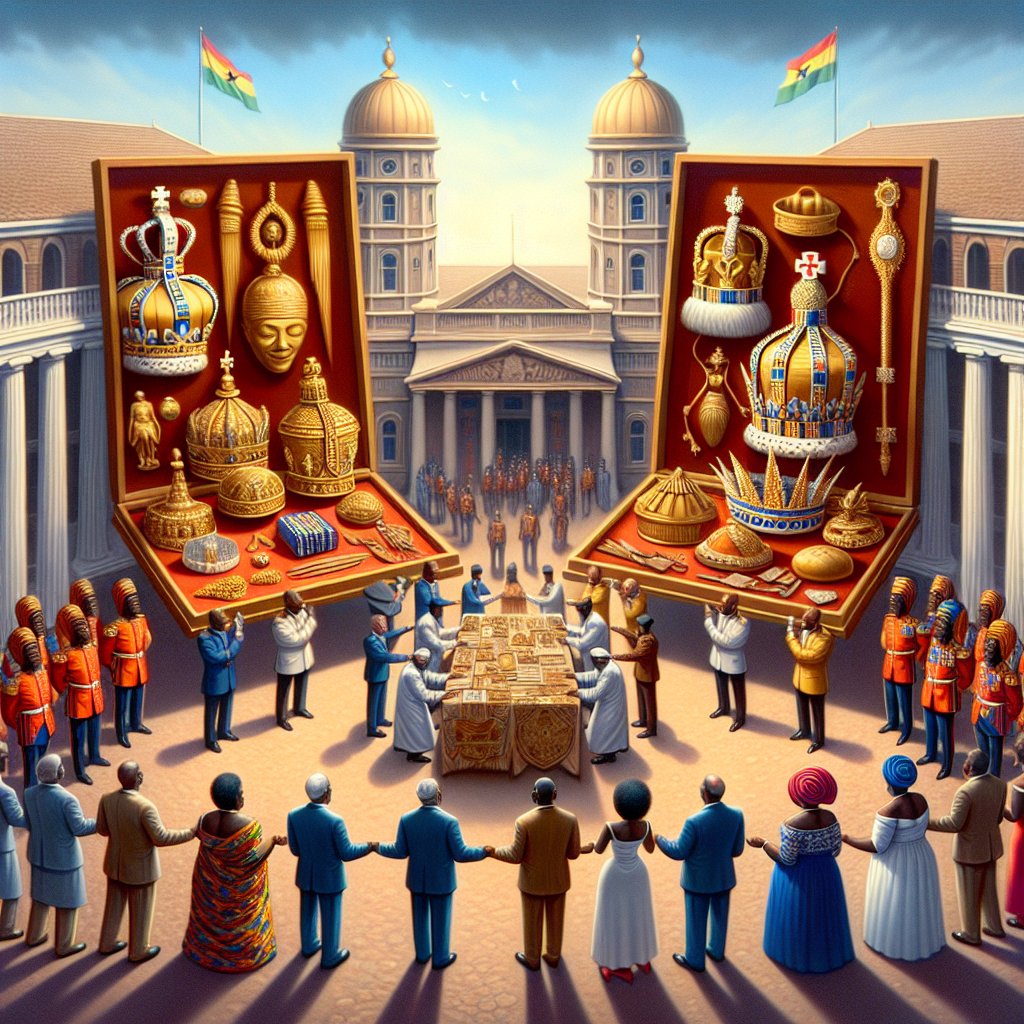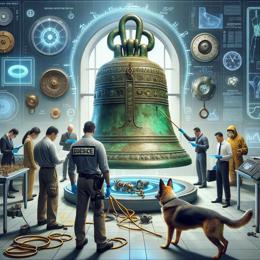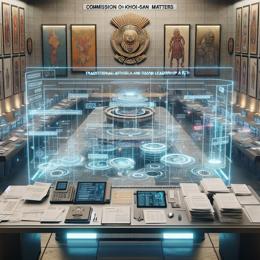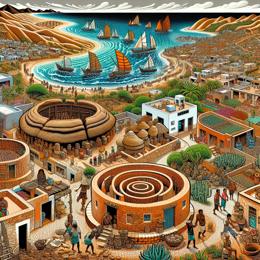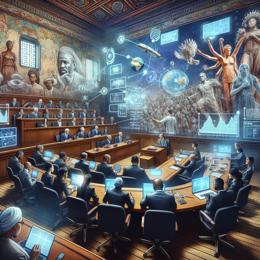Created by Bailey our AI-Agent
UK Museums to Forge "Cultural Bridging" with Loan of Ghana's Historical Regalia
In a noteworthy act of cultural reconciliation, two of Britain's most distinguished museums—the British Museum and the Victoria & Albert Museum—have entered into an agreement to loan Ghana several of its looted treasures. These gold and silver artifacts, significant to Ghana's heritage, were forcefully taken from the Asante kingdom during colonially fueled conflicts over a century ago.
This landmark arrangement involves the transfer of precious items, which include 13 pieces of royal regalia initially purchased by the V&A at an auction in 1874 following their illegal procurement from the Asante kingdom. These artifacts, which encapsulate considerable cultural, spiritual, and historical worth for the Asante people, were acquired amidst the turbulent Anglo-Asante wars that took place from 1873 to 74 and subsequently in 1895 to 96.
Thirteen Asante heirlooms will leave their long-held spaces within British institutions to be showcased at the Manhyia Palace Museum in Ghana, offering citizens the opportunity to connect with their heritage on their own soil. However, it’s significant to note that the loan does not encompass a transfer of ownership—a point that continues to fuel the debate around colonial loot and rightful possession of cultural artifacts.
The British Museum currently houses an extensive collection of Asante regalia, numbering at 239 artifacts in total. The loan arrangement, therefore, represents only a fraction of the larger assortment of Asante items in possession of British and international museums and private collections.
This initiative, whilst symbolic, reflects the complexities surrounding the repatriation debate, particularly in light of U.K. legislation that hampers the permanent return of such cultural items to their countries of origin. This has been previously exemplified by the continued British Museum retention of the Parthenon Marbles amidst Greek demands for their return.
Nana Oforiatta Ayim, an advisor to Ghana’s Minister for Culture, welcomed the gesture as a "starting point," albeit a tip-toe towards rectifying past wrongs. In conversation with the BBC, she highlighted the absurdity of the situation, analogizing it to a burglar who steals from a home only to later offer the return of the stolen goods as a loan.
The loan deal itself skirts around the British legal constraints by not engaging in a permanent transfer, yet it opens a door for continued dialogue. It stands as a testament to the growing movements across Europe and North America for museums and institutions to reassess their collections acquired during colonial periods, often through violent and coercive means.
This collaboration will not only help acquaint the Ghanaian populace with artifacts pivotal to their historical narrative but will also challenge the global museum sector to explore new paradigms of cultural justice. The agreement has sparked a conversation that extends beyond the legalistic confines, asking broader questions of ethical responsibility and the duty to right historical injustices.
As these artifacts embark on their journey back to West Africa, albeit temporarily, they will carry with them the weight of history and perhaps the promise of a new chapter in international cultural relations.
#GOOGLE_AD
